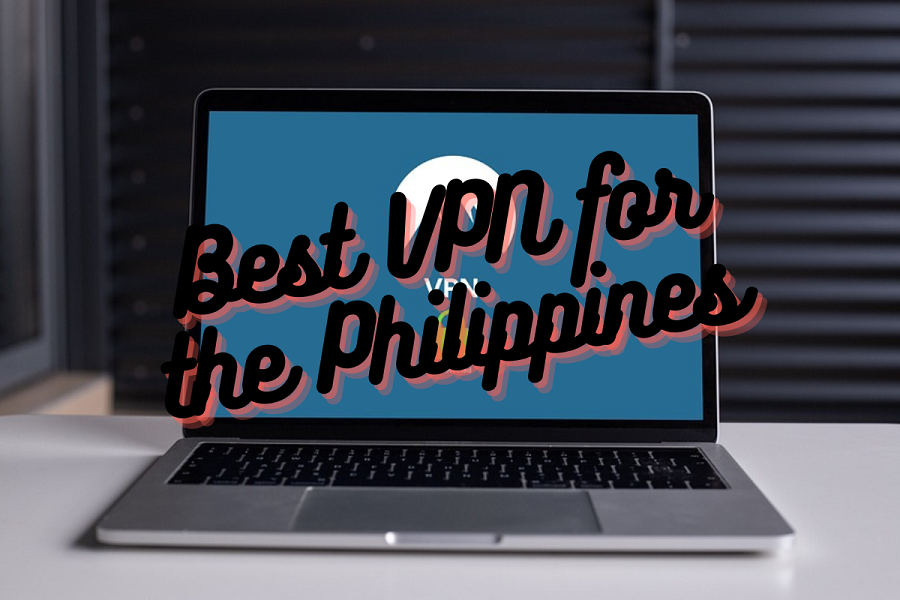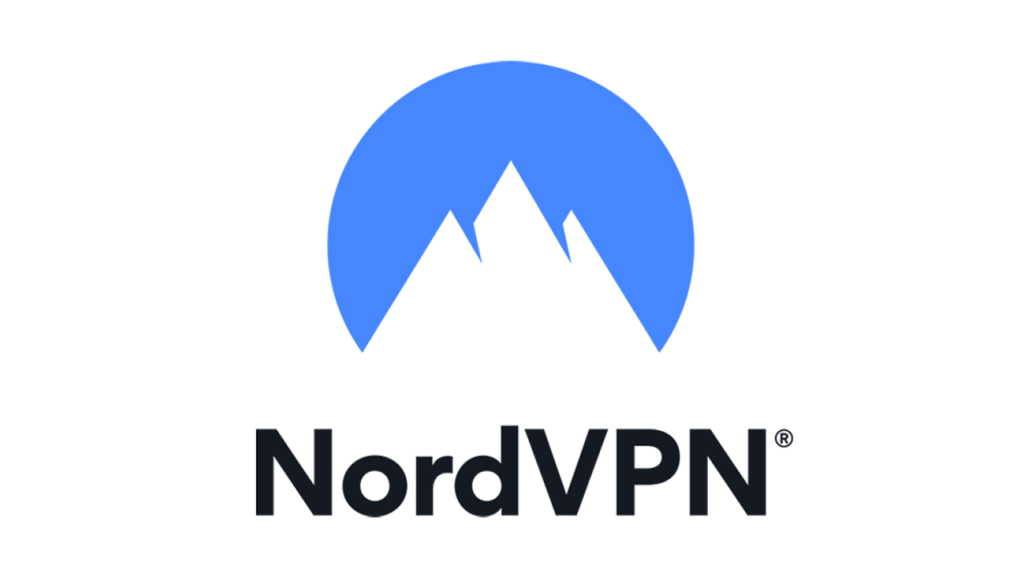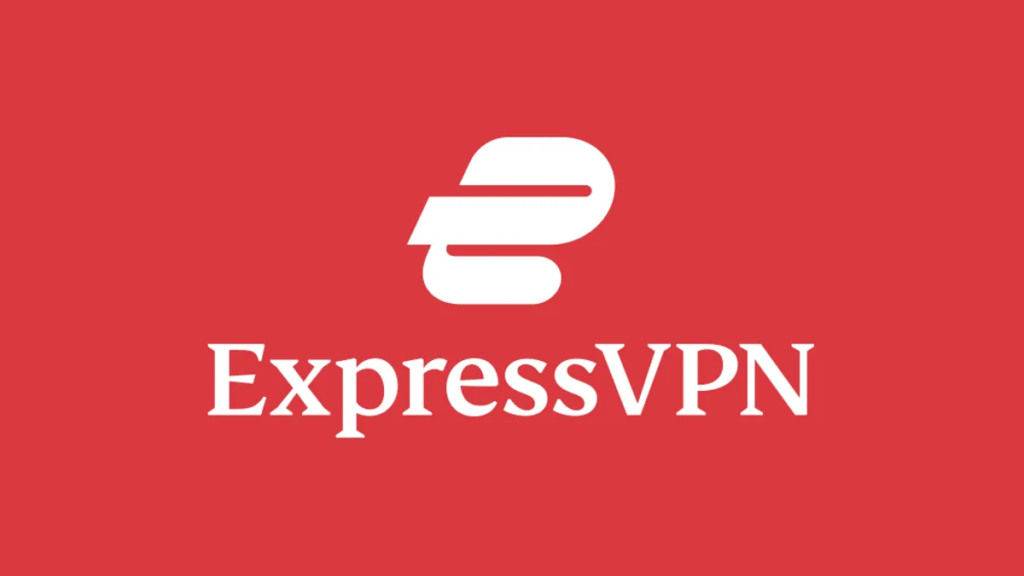Your cart is currently empty!

Best VPN for the Philippines, Tested Updated 2024

In an age where online activities are ingrained in our daily lives, safeguarding our digital privacy and maintaining uninterrupted access to the internet have become increasingly pressing concerns. For individuals in the Philippines, utilizing an efficient VPN (Virtual Private Network) can open doors to a more secure and unrestricted digital experience.
An optimal VPN service not only conceals your online identity by providing encryption but also empowers you with the ability to navigate geo-restrictions and access a globally inclusive internet. The challenge is, with a sea of VPN services flooding the market, each touting specific features and security offerings, it’s often difficult to determine the ideal choice tailored to users in the Philippines.
Top 5 Best VPNs for the Philippines
Use one of these top 5 best VPNs in the Philippines.
- NordVPN – Best Overall VPN for the Philippines
- ExpressVPN – Premium Pick [Fast speeds & secure]
- Surfshark
- IPVanish VPN
- Private Internet Access VPN
NordVPN

NordVPN is a great choice for the Philippines. It has a large network of servers in the country and good speeds, making it suitable for streaming or gaming. It’s also one of the most user-friendly VPNs on our list, with custom apps that make connecting to its servers easy. NordVPN offers an extensive list of features including automatic kill switches, DNS leak protection, double encryption, and Onion Over VPN. If you need help getting started with NordVPN or have any questions about how it works then feel free to contact their support team via live chat or email; they’re always happy to help!

NordVPN is a great VPN for people who want to stream and torrent online. It has all the features you need: 256-bit AES encryption, 2,048-bit SSL keys, DNS leak protection, and support for Windows, Linux, macOS, iOS, and Android. You can connect up to six devices at the same time.
NordVPN works with many streaming services like Netflix US, BBC iPlayer, and Hulu.
ExpressVPN

ExpressVPN is a VPN service that is popular among users who want to protect their privacy and unblock geo-restricted content.
It has a large network of over 3,000 servers across 94 countries including the Philippines. This means you can use it to access Hulu and BBC iPlayer.
ExpressVPN supports torrents and does not store any traffic logs at all. It uses 256-bit AES-CBC encryption protocols as well as an internet kill switch which makes sure your data is safe from prying eyes when you are using public WiFi or unsecured networks.
With ExpressVPN, you can get your hands on an Android app or iOS app as well as desktop support for Linux, Windows, and macOS.
Surfshark

Surfshark is a budget-friendly provider that offers users fast download speeds and unlimited bandwidth.
The company was established in late 2018, and it has 3,000 servers spanning 65 countries. It allows users to access Netflix US and BBC iPlayer from anywhere.
Surfshark lets users connect as many devices as they want. The service comes with tools for the security of its users, including 256-bit encryption and kill switch protection against DNS, IPv6, and WebRTC leaks.
The company doesn’t log any data. Users can choose from iOS, Android, macOS, Windows, or Linux apps to use with their service.
IPVanish VPN

IPVanish VPN is a top-tier VPN service that offers over 1,900 servers and over 1,000 VPN servers in 60 countries. It has a strict no-log policy, which means it doesn’t keep any records of your browsing history or online activity.
IPVanish also has several security features built into its apps for all major platforms:
- A kill switch feature prevents data from being sent out unencrypted if the connection drops unexpectedly (for example, if you lose your internet connection).
- DNS leak protection ensures that DNS requests don’t reveal identifying information about what websites you’re visiting when connected to public Wi-Fi networks such as those found at airports or coffee shops.
Private Internet Access VPN

Private Internet Access VPN is a service that allows you to securely access geo-blocked content and keep your internet activity private.
This VPN service covers more than 80 countries and offers fast speeds and unlimited bandwidth. It also allows you to connect up to 10 devices at the same time, making it perfect for families or people who share their internet connection with others.
Private Internet Access has secure servers in 29 countries around the world, including the United States, Canada, Australia, New Zealand, Germany, Japan, and more. The company also offers DNS leak protection, a kill switch, and a strict no-logs policy for added security.
What Exactly is a VPN?

A VPN, otherwise known as a Virtual Private Network, is a service designed to prioritize your online safety, privacy, and overall digital freedom. A VPN primarily achieves this by creating a cloak of encryption that encapsulates the digital pathway connecting your device to the internet. This effectively protects your online happenings from unwanted attention and potential cybersecurity threats.
From a more technical standpoint, a VPN switches your device’s internet access point from your actual Internet Service Provider (ISP) to your chosen VPN’s server. The catch here is that the VPN server encrypts any data sent or received, transforming readable data into an indecipherable code to anyone externally trying to access it.
The Functional Principles of a VPN
When you leverage a VPN, it masks your actual IP (Internet Protocol) address – a unique numeric label assigned to your device, potentially revealing your geographic whereabouts. In place of your actual IP, the VPN provides an alternative IP address that could be located virtually anywhere in the world. This clever trick serves two valuable purposes:
- Digital Anonymity: As your original IP address stays hidden, it becomes significantly challenging to trace your digital footprints, securing your online anonymity.
- Geo-restriction Bypass: With the VPN assigning an IP from another country, it gives the impression that your online browsing is originating from that location, allowing you to sidestep geo-restricted content.
So, Why Should You Use a VPN?
Both individuals and businesses employ VPNs for various reasons, with some of the top advantages being:
Securing Data
Through advanced encryption protocols, VPNs ensure any data transmitted over the network remains secure, protecting it from potential cyber threats.
Maintaining Privacy
By hiding your IP address, VPNs make your online activities almost impossible to trace, enhancing your privacy. This prevents your ISP, advertisers, and any prying eyes from tracking your digital activities.
Unlocking Geo-Blocked Content
VPNs give you the power to browse the internet as if you were surfing from a different location, enabling you to access content that is otherwise geographically restricted. This is particularly useful for streaming media or reading news exclusive to particular regions.
Escaping ISP Throttling
ISPs may sometimes lower your internet speed when it detects high data usage activities like streaming or gaming. Through a VPN, your ISP won’t know what kind of data you’re transferring, helping you maintain stable Internet speed.
Conclusion
In conclusion, finding the best VPN for the Philippines comes down to several crucial factors including robust security features, a no-log policy, excellent speeds, global server coverage, and the ability to bypass geo-restrictions. These rigorous tests conducted for the year 2023 showcase a handful of VPNs that have proven superior in delivering these vital requirements.
Remember, internet security in today’s digital age is not optional but a necessary measure to guard your personal data and digital footprint. Therefore, it is well worth the investment to secure a VPN for your online activities in the Philippines. Be mindful before you connect and gear up with a top-tier VPN – your online security and unrestricted browsing experience deserve it!
Leave a Reply